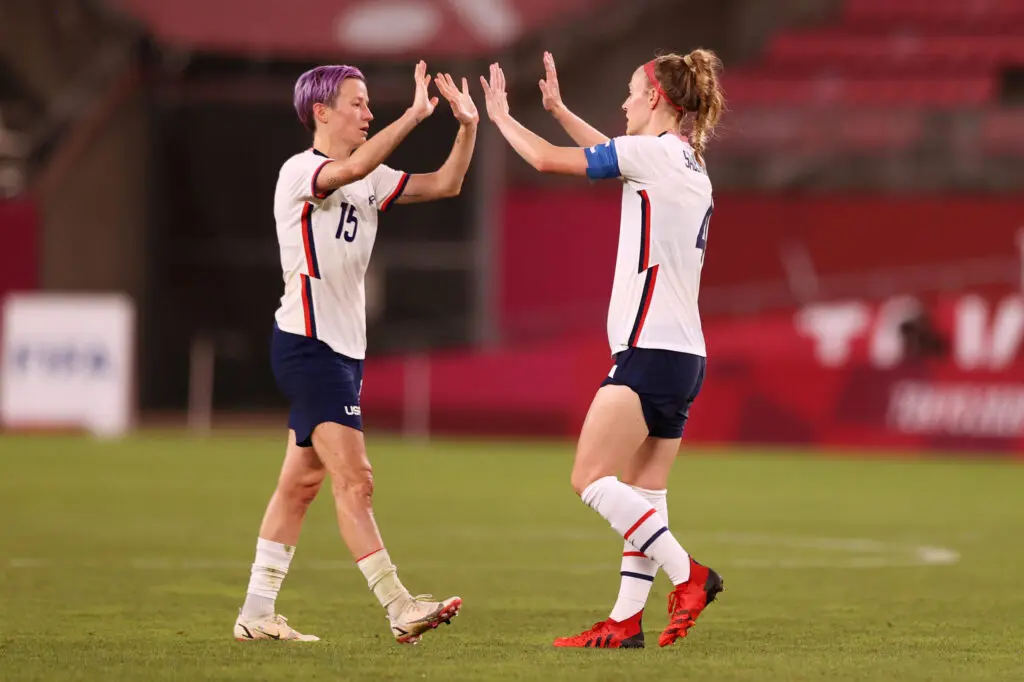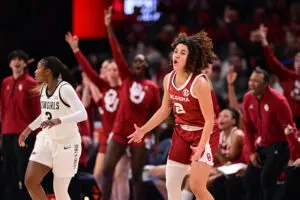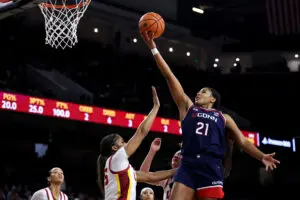A total of 40 professional, Olympic and Paralympic athletes signed a letter opposing a transgender sports ban under consideration in the U.S. House of Representatives.
U.S. women’s national team veterans Megan Rapinoe and Becky Sauerbrunn and retired WNBA star Sue Bird are among the athletes to lend their names and support to the letter, which was sent Monday to House of Representatives legislative directors.
The letter, which was organized by advocacy group Athlete Ally, calls out HR 734, a Republican-led bill that would ban transgender and intersex girls and women from competing in sports around the country.
“As professional, Olympic and Paralympic athletes, we have dedicated our lives to sports. Sports have given us our greatest friends, taught us incredible life lessons, and given us the confidence and drive to succeed in the world,” the letter reads. “Every single child should have access to the lifesaving power of sports.”
So far, 20 states have enacted laws that ban transgender athletes from competing in sports.
“We believe that gender equity in sport is critical, which is why we urge policymakers to turn their attention and effort to the causes women athletes have been fighting for decades, including equal pay, an end to abuse and mistreatment, uneven implementation of Title IX, and a lack of access and equity for girls of color and girls with disabilities, to name only a few,” the letter reads. “Our deepest hope is that transgender and intersex kids will never have to feel the isolation, exclusion and othering that H.R. 734 is seeking to enshrine into law.”
Just last week, the Biden administration proposed new guidelines that would prevent an “outright ban” on transgender athletes in school sports, though it would allow schools to limit their participation in certain circumstances.
Becky Sauerbrunn spoke out against transgender sports bans under consideration in her home state of Missouri, where the USWNT will face Ireland at 7:30 p.m. ET Tuesday.
“The bills up for discussion in the Senate this week seek to solve a problem that simply doesn’t exist, and instead are sidelining youth from an outlet that brings them joy, connection and purpose,” Sauerbrunn wrote in the Springfield (Mo.) News-Leader.









